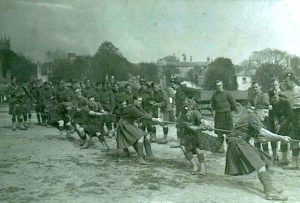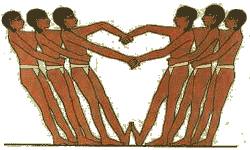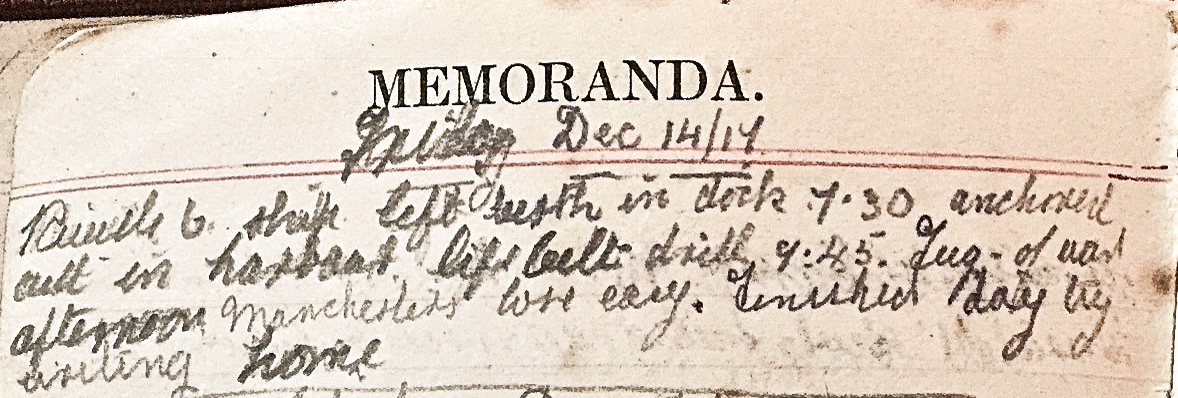Friday, Dec 14th, 1917
Reveille 6. Ship left berth in dock 7:30 anchored out in harbour. Lifeboat drill 9:45. Tug of War afternoon – Manchester won easy. Finished day by writing home.
Pitching different battalions and regiments against each other in sports and other field games was a frequent way of building up team spirit and camaraderie. Now that the ship was out in the harbour, such activities were confined to those that did not require a lot of space and could be undertaken onboard. Watch Gavin McLean’s analysis of life on board a New Zealand WWI troop ship:
Tug of War may seem an odd sport to get excited about but at the time it was very popular with the countries of both the Allies and the Central Powers. It was an Olympic Sport from 1900 until 1920 and, in 1917, would be known as a sport in which Great Britain excelled – having enjoyed success in both the 1908 and 1912 Olympic Games.

It was also popular within the military for building up the strength of its troops. This photograph features the Liverpool Scottish on one end of the rope in October 1914, shortly before they became one of the first Territorial Army battalions to be sent to the Western Front.

Tug of War had also been very popular since ancient times in many diverse cultures and geographies including China, India and Egypt. It is is even depicted on ancient wall paintings such as this Egyptian plate from the Mereruka tomb.
Regardless, Frank is clearly pleased by the outcome!
References & further reading
Gavin McLean is Senior Historian, Ministry for Culture & Heritage, New Zealand. The film was made by New Zealand WW100.
* image may be subject to copyright
Tug-of-War in Wikipedia


